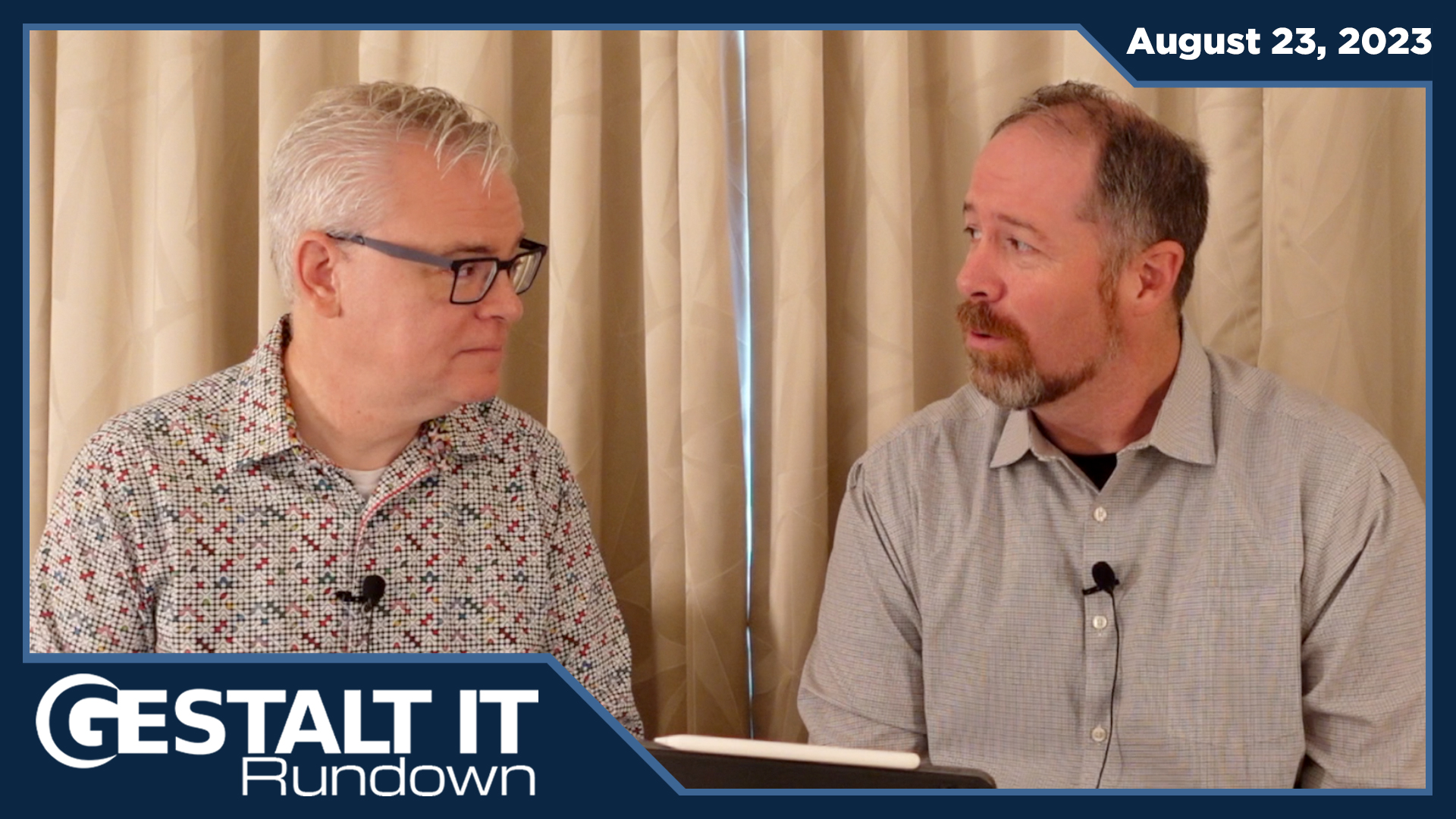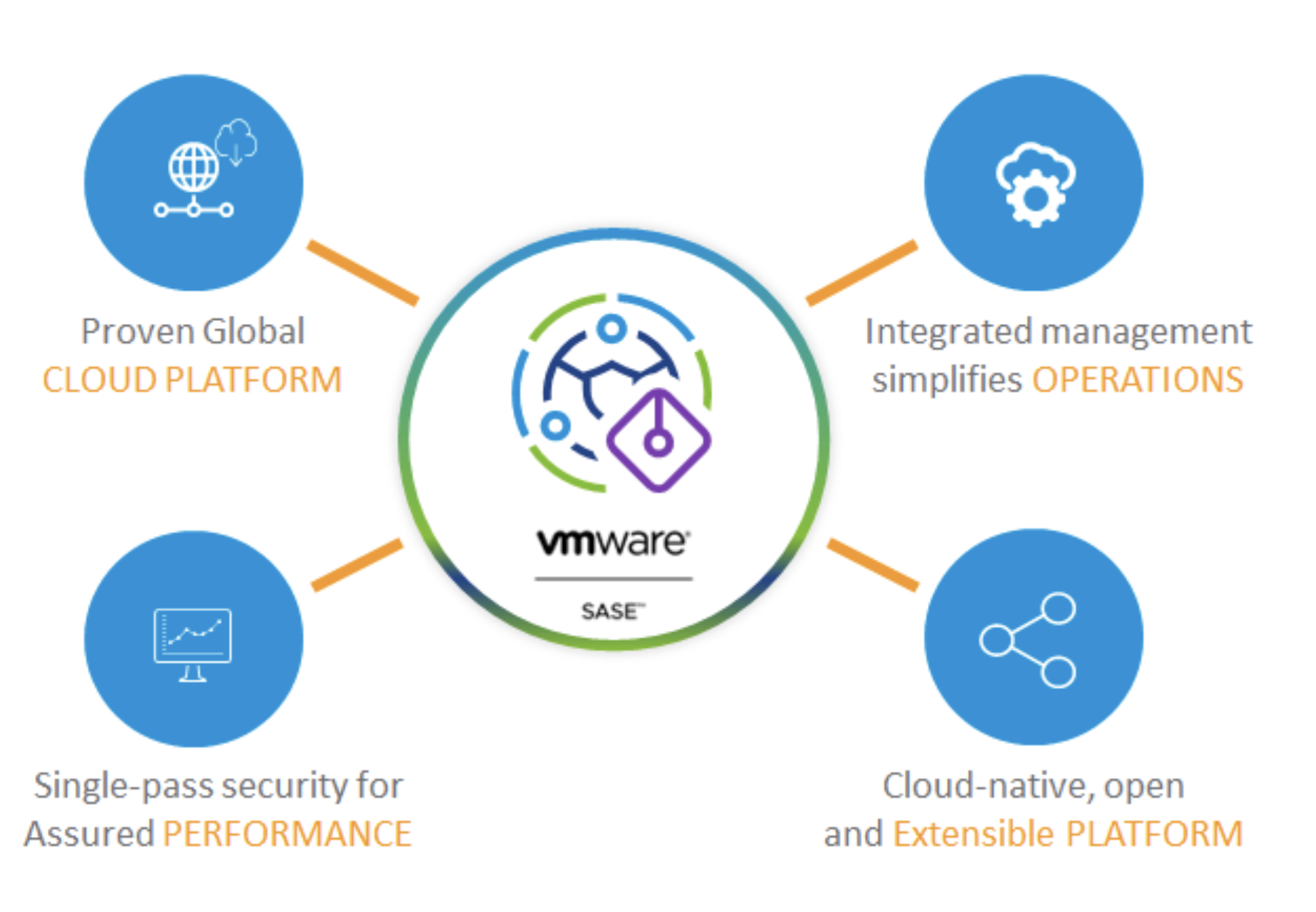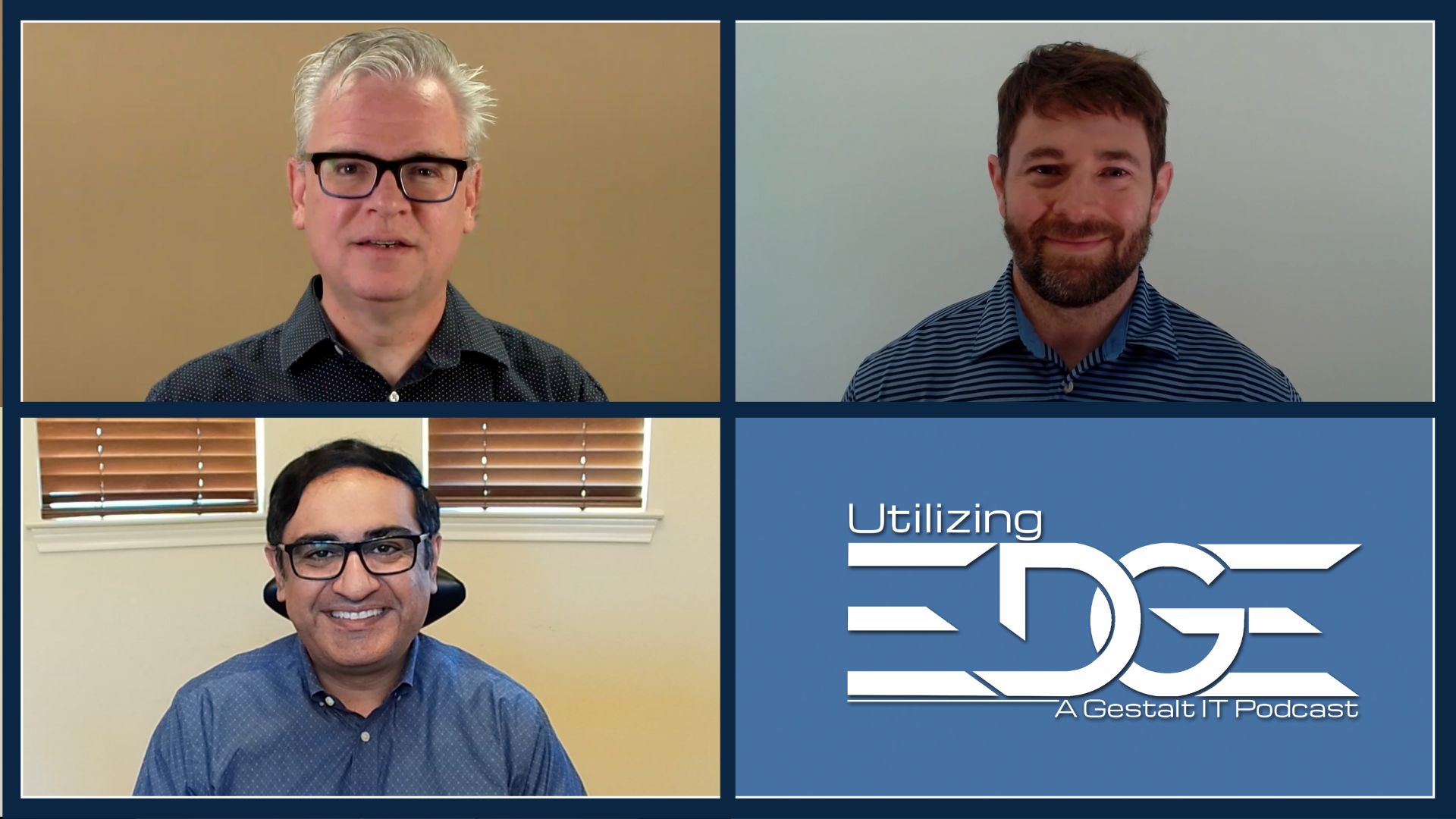I’m excited to continue the great content being generated about Future:NET, you can find all the articles here:
[pt_view id=”328b160qch”]The opening keynote presentation given at the conference this year was by Emin Gun Sirer, Associate Professor of Computer Science at Cornell. The title was Blockchains: The Promise and Challenges Ahead for Networking – it was a pretty interesting session on how blockchain works, why it is of interest and very, very briefly what it could potentially solve for those in the networking industry. Unfortunately, because Professor Sirer had to spend a bulk of his time covering the basics for blockchain I felt the real opportunity around the presentation was lost just due the brevity of the presentation slot he was given. I think I would like to see an expanded keynote session when a brand new and interesting topic like this comes up for future Future:NET conferences.
Core to the presentation is the concept of Byzantine fault tolerance. I haven’t looked at or discussed this sort of topic since my engineering school days, but for all practical purpose the concept of decentralized network solutions is core to what we built and operate today for the Internet. As an example, that is effectively what DNS does for the Internet, a large distributed database name service that is decentralized from a management basis. We have not done as well in securing the core DNS services but we have started the journey.
Clearly, blockchain is being used in many areas of technology right now. The current focus is in financial, Bitcoin being the popular one for virtual cryptocurrency (there are many, check out Coin Market Cap if you want to see most of what is out there). Regardless of the cryptocurrency rage, blockchain will still have a useful function in other areas and those brought up in the presentation were: Transactions between parties that did not have a prior business relationship to trust each other, including things like microtransactions, virtualized functions, and finally the roll of securing IoT trust models.
What was more enlightening from the presentation (at least for me) was what was missing. I’m an old school networking guy and routing protocols popped into my head right away. Securing core routing protocols without having to know who your neighbor actually is could be an interesting use case, especially around IoT and autonomous network systems. Building distributed and secure ledgers for resource allocations/assigning in edge computing models so you don’t have to know who the buyer and seller is in the market are a few that I thought off too. Honestly, I think securing virtualized functions would be a complementary model to the In-band OAM draft currently being worked on in the IETF and being implemented in Barefoot Networks’ Inband Network Telemetry (INT) solution. This would also third party NFV solution to come to market hosted as a SaaS model and still allow for validation and trust without having to have custom control interfaces to negotiate all the sessions. Clearly, a ton of work would have to happen to allow this sort of solution to come to market. And perhaps it is questionable if that is where the actual value and pain point lives but it is interesting to consider what is possible.
Given the possibilities, it is clear that keeping track of what blockchain is doing and what markets it is impacting will be important. So keep an eye on the topic and don’t assume it is just about cryptocurrency, you would be making a big mistake.




